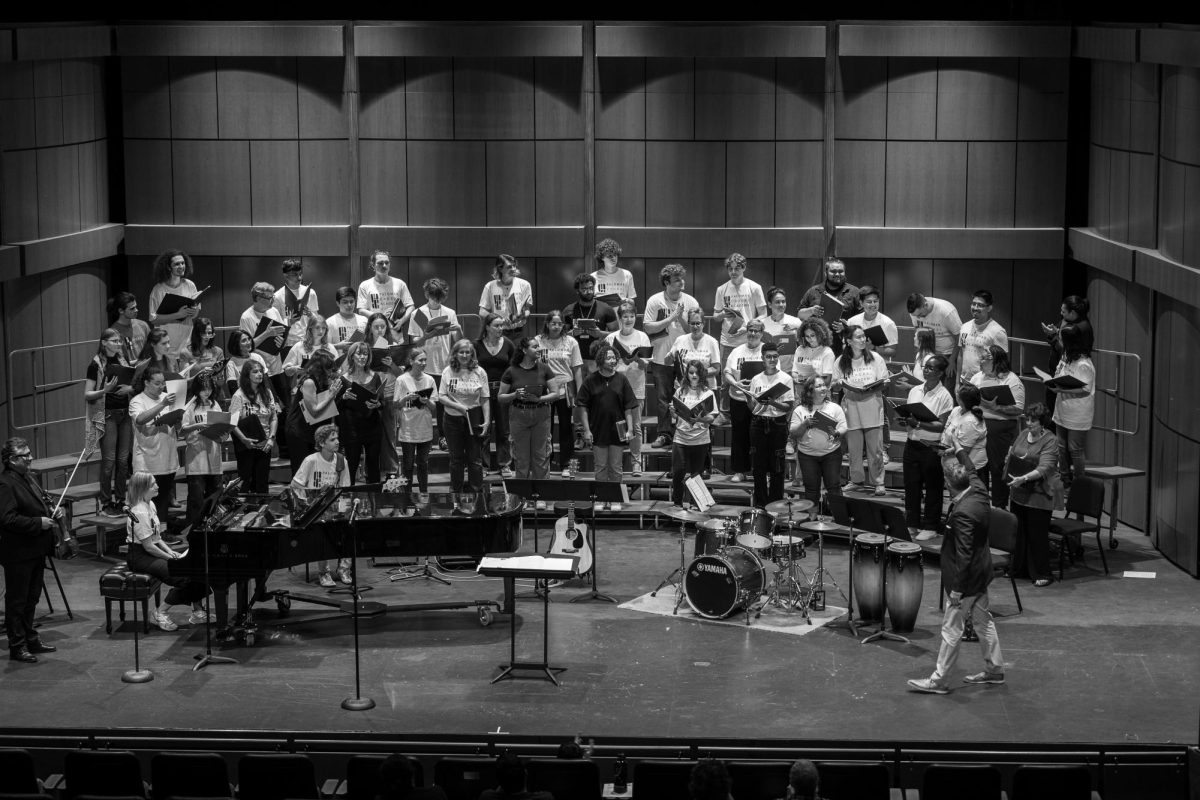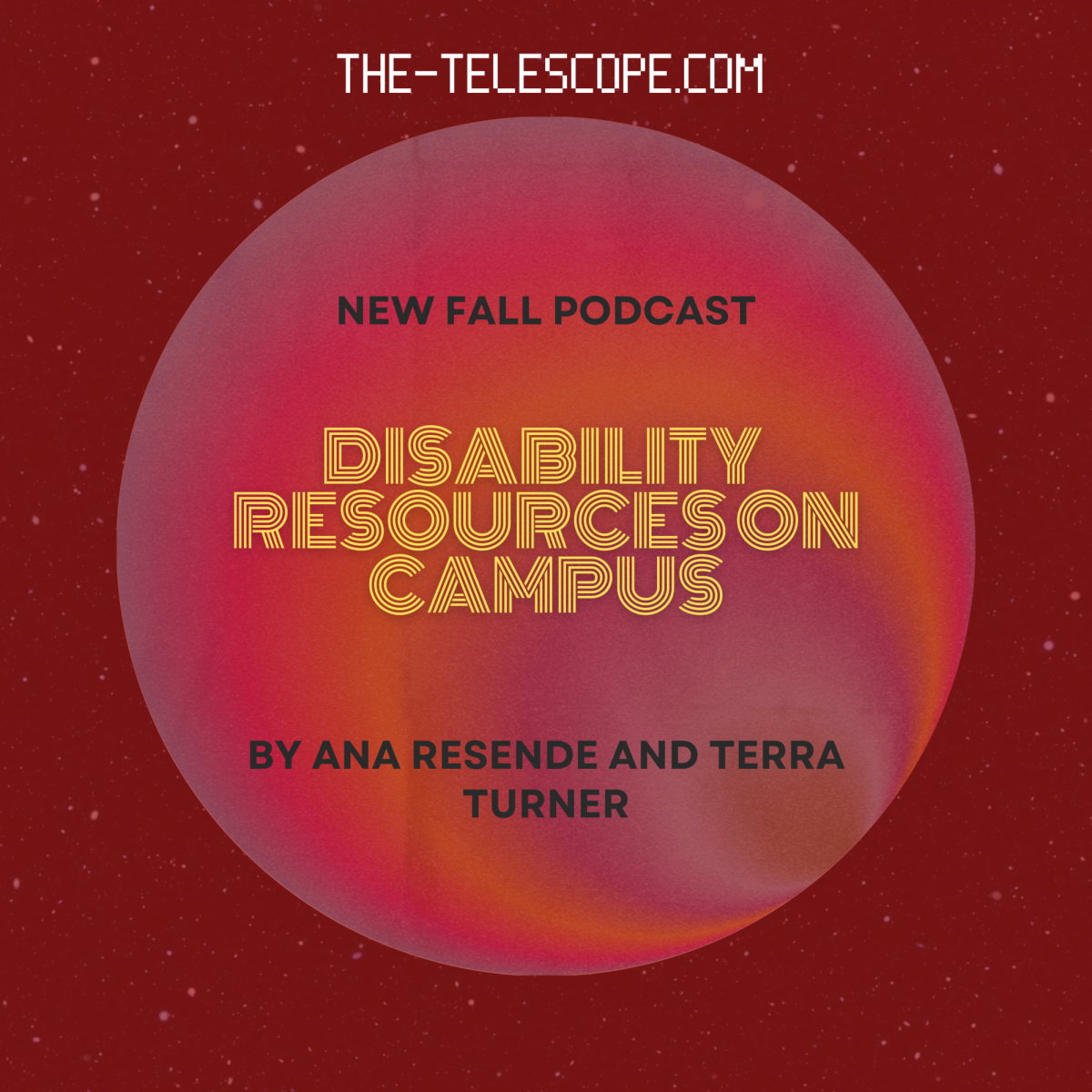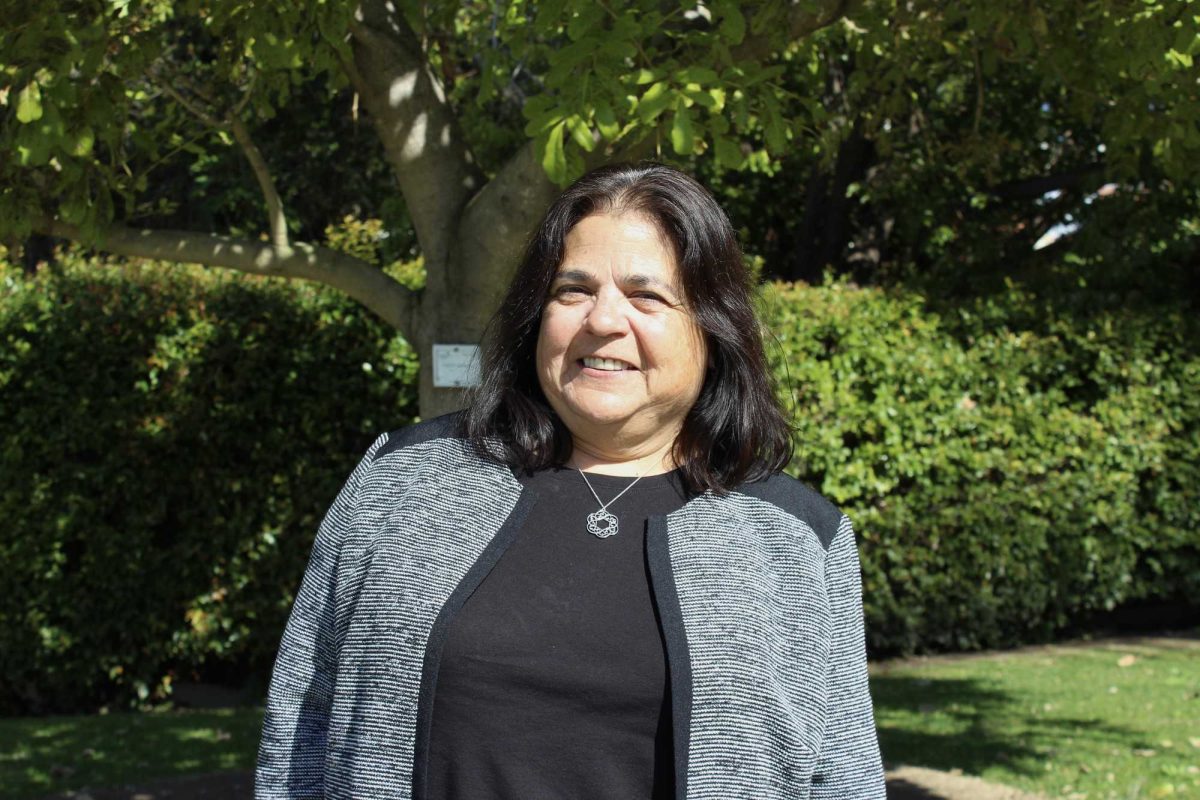
Palomar College may be getting a new accreditation system.
A task force from the California Community College Chancellor’s Office found several concerns with the current accreditation process, according to a memo sent out by Palomar’s interim president Adrian Gonzalez.
The 10-person task force was assigned to evaluate California’s accreditation process for community colleges, and to make recommendations to the Chancellor’s Office about the current state of California’s accreditation model.
The report states that the task force found California’s accredita- tion structure could no longer meet the current or anticipated demands of California’s community colleges.
The current accreditation agency for community colleges in California is the Accrediting Commission for Community and Junior Colleges.
“The California Community College Chancellor’s Office Task Force on Accreditation Report was a fair and objective
evaluation that provided an honest assessment of the current situation,” Palomar vice president of instruction Dan Sourbeer said.
He added that as Palomar awaits further direction, the college will continue to work and cooperate with the ACCJC.
The ACCJC recently visited Palomar’s campus in March to validate the college’s accredita- tion according to a 350-page self-evaluation report.
Gonzales’ memo also stated that Palomar needs to continue working on the several areas of recommendation out- lined in both the college’s self-evaluation, as well as the ACCJC’s exit report.
“… but not because of the accrediting agency we are currently under or any fears of future sanctions, but rather because healthy organizations regularly review and address areas of concern,” he added.
The memo also said that the same recommendations the ACCJC team made, Palomar found themselves in their self-evaluation.
The task force’s recommendation also includes finding a new accreditation model. This would include finding a new accrediting agency or combining the process with the agency responsible for accrediting universities in the area.
Michael Mufson, a Palomar theater professor and a member of the Faculty Federation, called the report “very optimistic.”
“We’ve seen a lot of dysfunction with ACCJC over the years,” Mufson said.
He added that the organization hasn’t been the most friendly to the faculty on campus.
Mufson is glad that the accreditation system for California community colleges may be opened to a model that is more teacher and faculty-friendly.
The task force compiled their findings in a 274-page report where it identified the need for an accrediting agency to have “clear expectations, opportunity for improvement, consistency, and transparency.”
“The ACCJC has consistently failed to meet the expectations outlined in section three of this report,” according to page 8 of the task force’s report.
The ACCJC is the accrediting agency that has jurisdiction over California community colleges. They are one of three groups that are a part of the Western Association of Schools and Colleges.
The other two groups accredit elementary through high school, and senior colleges and universities.
Accreditation determines whether or not a student’s college credits are valid and transferable.
If a college loses it accreditation, none of the credit hours earned at that college would count or be transferable. A college must also be accredited for to qualify for federal financial aid, the ACCJC website said.
The ACCJC’s decision to revoke City College of San Francisco’s accreditation was one move that was criticized in the task force’s report.
When asked what would happen if Palomar lost its accreditation, student Maddie Roach, 20, said that her studies at Palomar “would be a waste of time.”
“I would be stuck and I would want a refund on my classes,” she added.

































































